
Accidental Economist. Prof at @warwickecon and @unibonn. Visiting Prof @GRI_LSE. Fellow @STICERD_LSE. ERC STG. CEPR @cepr_org & Associate Editor @EJ_RES.
How to get URL link on X (Twitter) App






 Implication 1: With AI + digital payment infrastructure, tax filing/compliance cost cost can vastly decrease allowing for a broader fiscalisation that could be implemented with a reduction in the VAT registration threshold that is very high in international comparison in UK.
Implication 1: With AI + digital payment infrastructure, tax filing/compliance cost cost can vastly decrease allowing for a broader fiscalisation that could be implemented with a reduction in the VAT registration threshold that is very high in international comparison in UK. 

 The above is a status report on the G20 Data Gaps Initiative (DGI) tackling data deficiencies to improve policy-making. The Phase 3 started in, surprise surprise, 2022. Focus areas are 1️⃣ Climate Change 2️⃣ HH Distributional Info 3️⃣ Fintech/Fin Inclusion 4️⃣ Data Access/Sharing
The above is a status report on the G20 Data Gaps Initiative (DGI) tackling data deficiencies to improve policy-making. The Phase 3 started in, surprise surprise, 2022. Focus areas are 1️⃣ Climate Change 2️⃣ HH Distributional Info 3️⃣ Fintech/Fin Inclusion 4️⃣ Data Access/Sharing 


 due to gendered commuting frictions.
due to gendered commuting frictions. 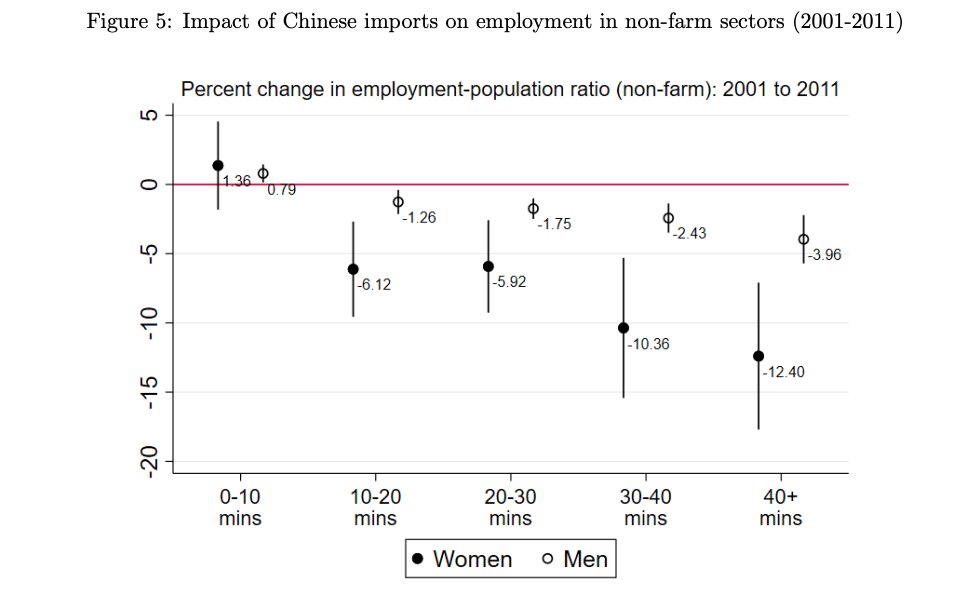

 the role of data as a public resource. The paper, in essence, studies the impact of the recent large energy price shock through the lense of very granular high frequency survey and administrative data. Such a large shock has to leave its mark on the economy. But where it falls...
the role of data as a public resource. The paper, in essence, studies the impact of the recent large energy price shock through the lense of very granular high frequency survey and administrative data. Such a large shock has to leave its mark on the economy. But where it falls... 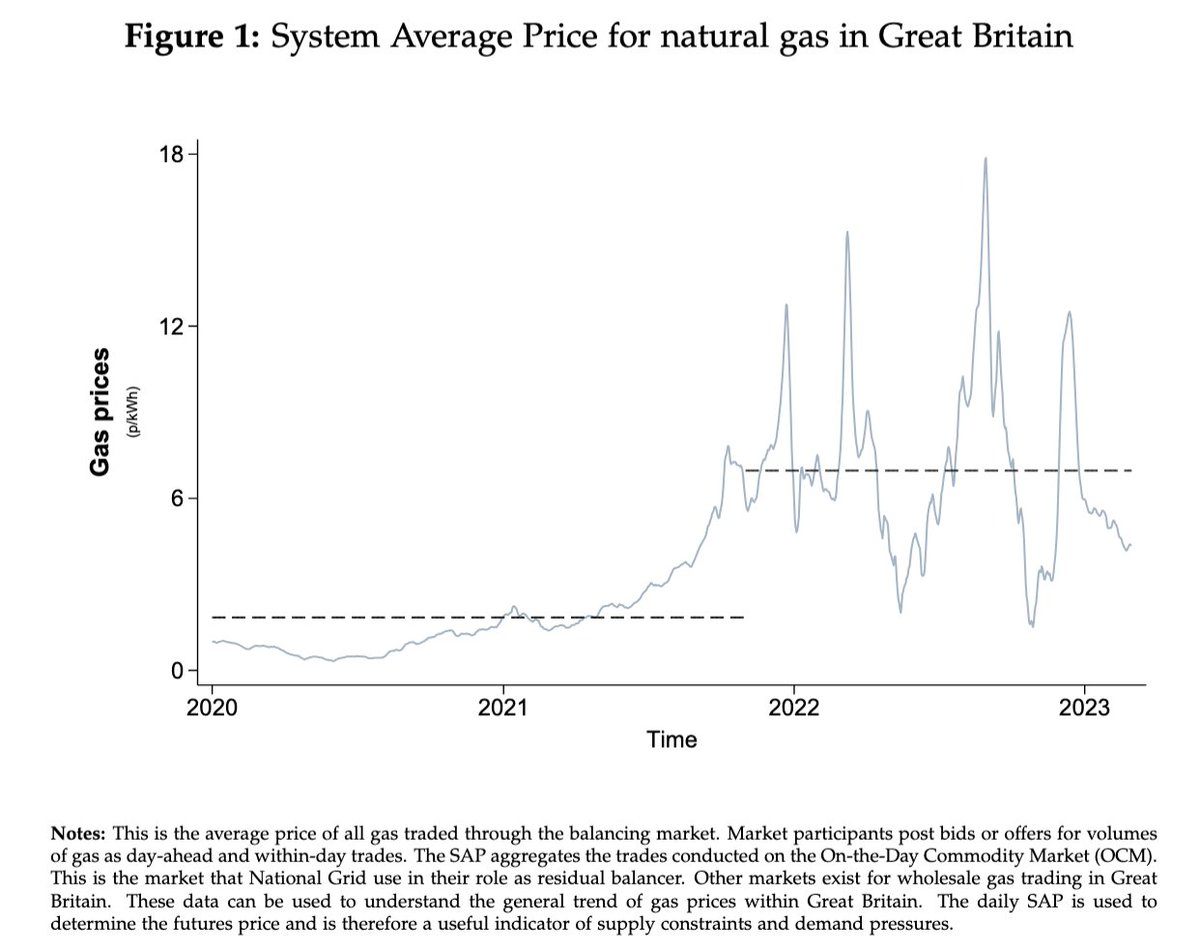

https://twitter.com/edenhofer_jacob/status/1727280137681457169Just to echo Jacob's point: Read @PikaGoldin!!!

 Step 2: If you dont have already, download and install VScode (my preferred coding environment right now) and then
Step 2: If you dont have already, download and install VScode (my preferred coding environment right now) and then

https://twitter.com/dandekadt/status/1815492867659325926
 externalities of inequality - notably crime - is an important reason why support for redistribution among the rich is often fairly high. Indeed, this is what Rueda and Stegmueller argue in their nice @AJPS_Editor piece and their '19 book.
externalities of inequality - notably crime - is an important reason why support for redistribution among the rich is often fairly high. Indeed, this is what Rueda and Stegmueller argue in their nice @AJPS_Editor piece and their '19 book.
 Northern Ireland is barely affected by Brexit. Why is this so? Well, it effectively continues to be in a customs Union with the European Union. Further, there is free movement of people the Island of Island. So, Northern Ireland effectively remains in the single market.
Northern Ireland is barely affected by Brexit. Why is this so? Well, it effectively continues to be in a customs Union with the European Union. Further, there is free movement of people the Island of Island. So, Northern Ireland effectively remains in the single market. 

 @immanuelfeld Let's go back to 2010 -- this marked the start of austerity following the global financial crisis. The cuts were quite severe with large nominal cuts to council spending across all domains. The map looks at total spending cuts -- there is a ton of heterogeneity.
@immanuelfeld Let's go back to 2010 -- this marked the start of austerity following the global financial crisis. The cuts were quite severe with large nominal cuts to council spending across all domains. The map looks at total spending cuts -- there is a ton of heterogeneity. 

 Why does this matter? It is just poor journalistic practice to not attribute sources. But it also makes it hard for researchers to showcase that their research is part of the public discourse, which is not irrelevant when it comes to attracting research funds. I understand...
Why does this matter? It is just poor journalistic practice to not attribute sources. But it also makes it hard for researchers to showcase that their research is part of the public discourse, which is not irrelevant when it comes to attracting research funds. I understand...
https://twitter.com/fetzert/status/1322078576133525504

 In a nutshell, the paper shows that much of the widely reported surge in burglaries & anti-social behaviour could have been avoided, had the government provided more targeted energy price subsidies or had UK invested more in making homes more energy efficient. Last summer, ...
In a nutshell, the paper shows that much of the widely reported surge in burglaries & anti-social behaviour could have been avoided, had the government provided more targeted energy price subsidies or had UK invested more in making homes more energy efficient. Last summer, ... 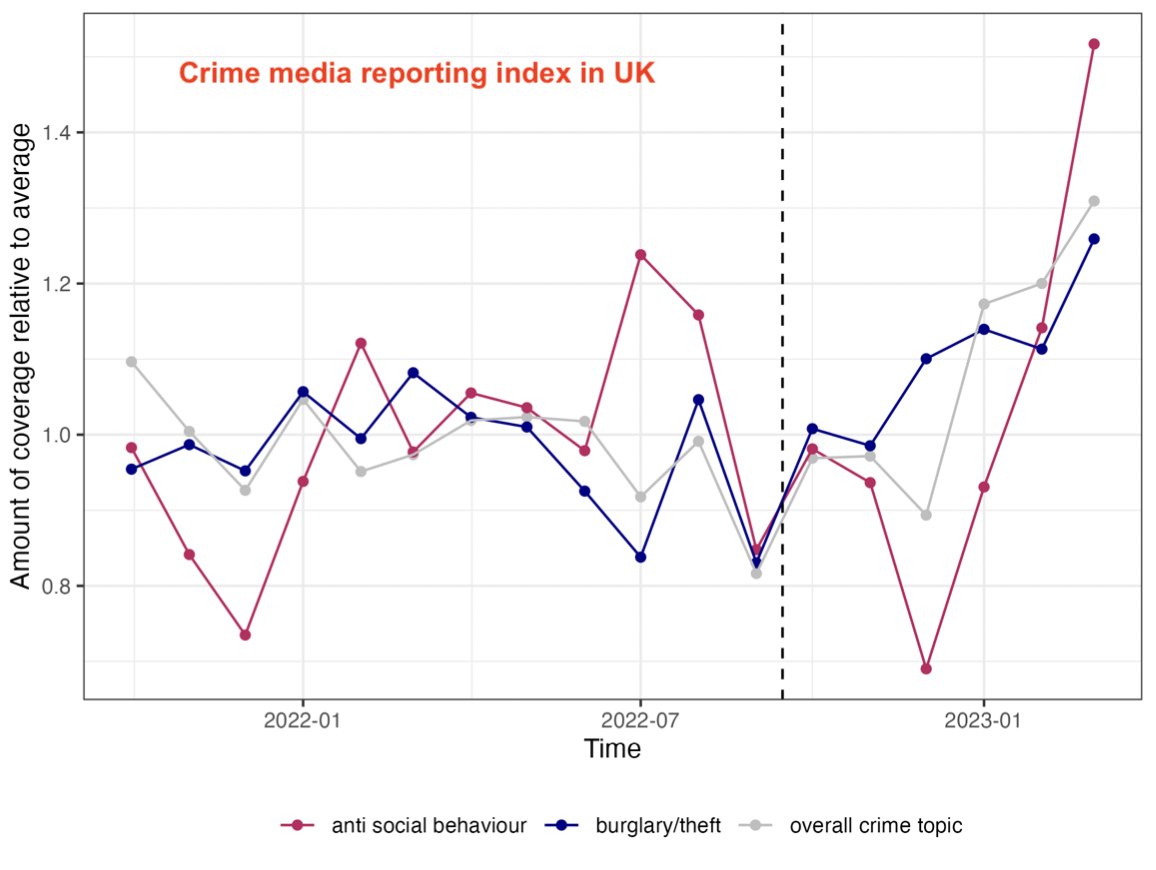




https://twitter.com/fetzert/status/1322078576133525504

 @jdportes @peterjukes @BylineTimes @guardian In all of this we have to question why this stuff is coming out now. I am just observing but it does seem to me the WhatsApp messages are being used to dismantle the competition and the EOTHO story is being "buried" with Johnsons' party stories dominating. Its super interesting
@jdportes @peterjukes @BylineTimes @guardian In all of this we have to question why this stuff is coming out now. I am just observing but it does seem to me the WhatsApp messages are being used to dismantle the competition and the EOTHO story is being "buried" with Johnsons' party stories dominating. Its super interesting
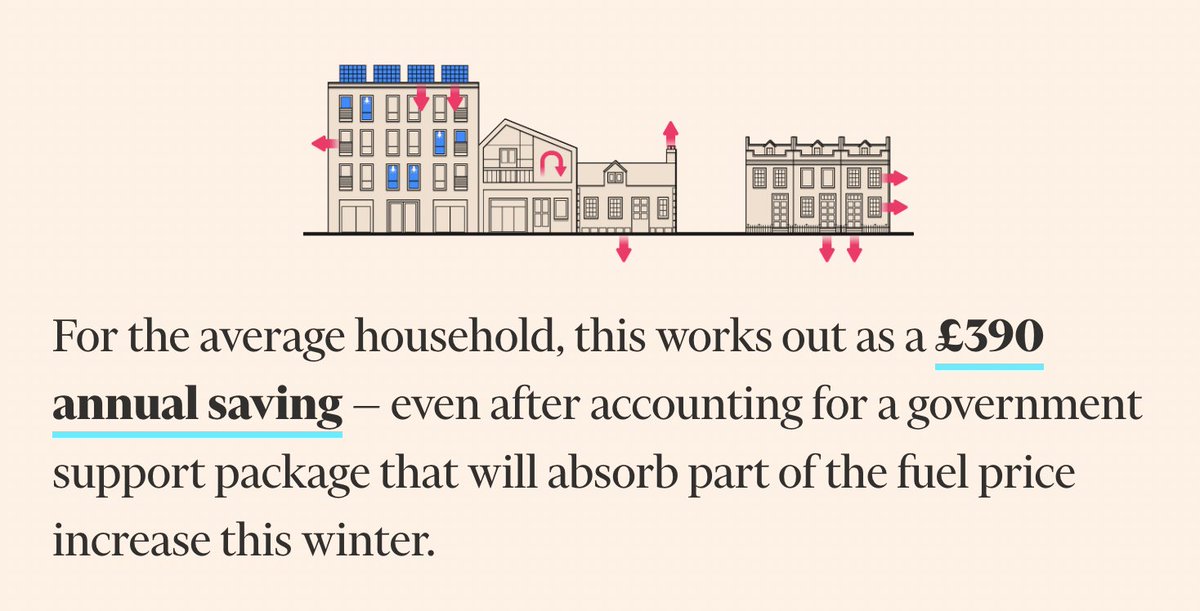

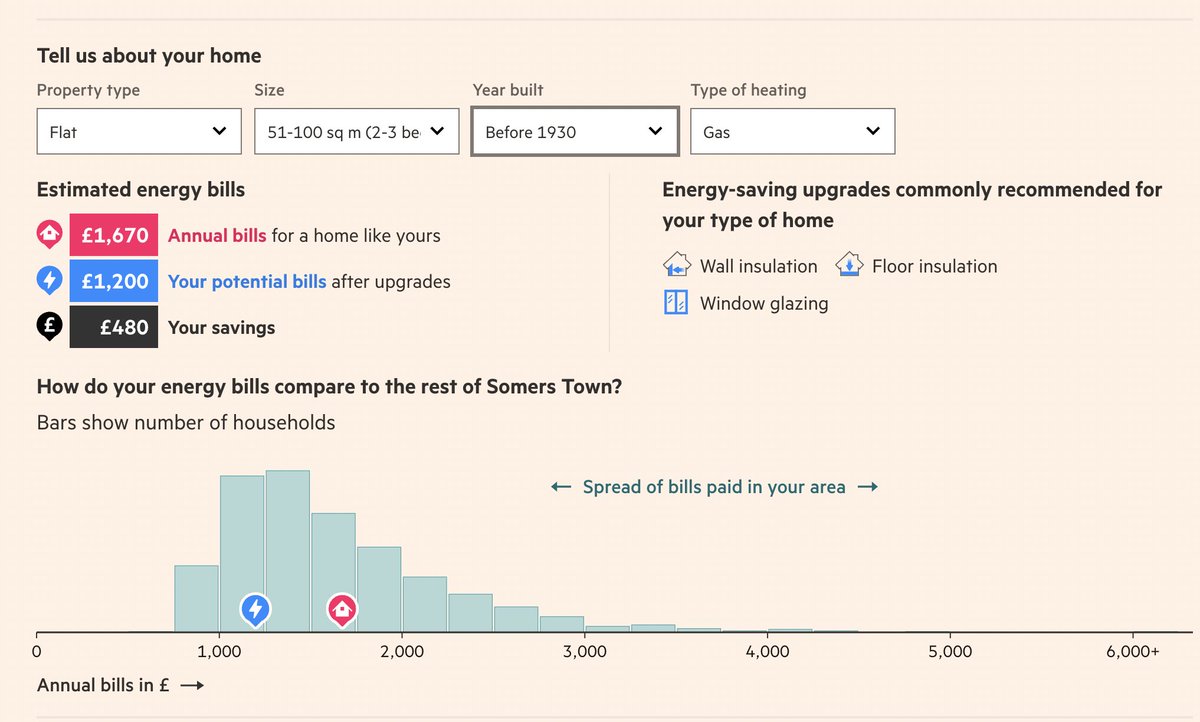
 Point 1: We provided bill estimates under multiple price scenarios. Treating the #EnergyPriceGuarantee as the "price" I find problematic. The EPG implies a #EnergySubsidy benefitting mostly the well off that we all need to fund through #austerity and/or higher #taxation. So this
Point 1: We provided bill estimates under multiple price scenarios. Treating the #EnergyPriceGuarantee as the "price" I find problematic. The EPG implies a #EnergySubsidy benefitting mostly the well off that we all need to fund through #austerity and/or higher #taxation. So this
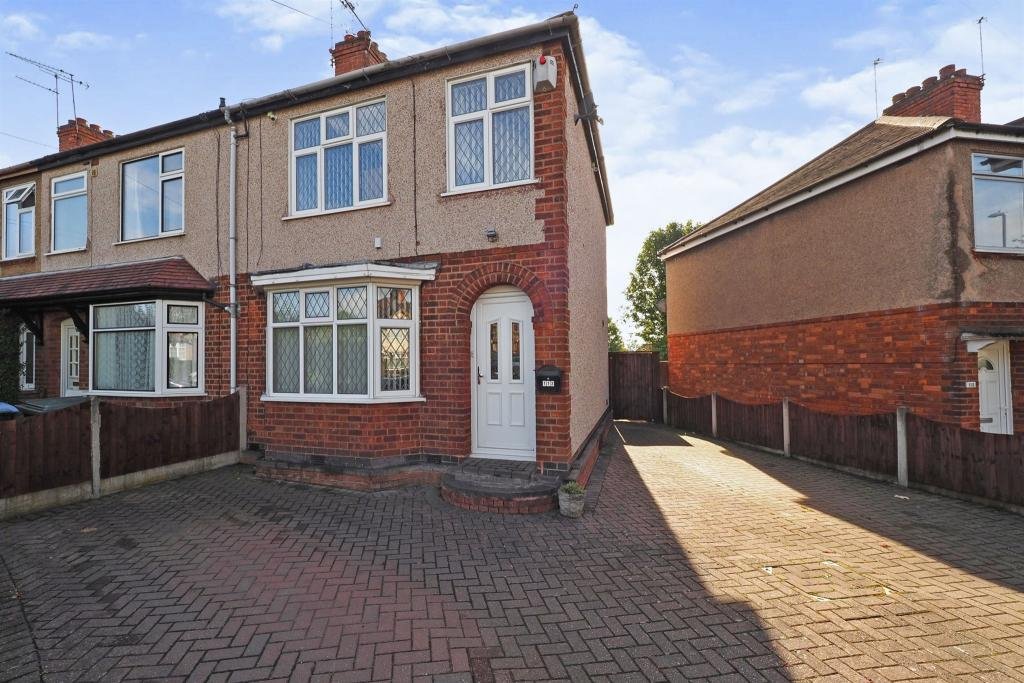

 On the left, we have a classic end-terrace house. On the right, well, you have a mansion. The big difference: energy consumption. The left needs around 15,000 kWh per year, the right one, at least 70,000 kWh. How does this compare to the average UK household? Well: 2/..
On the left, we have a classic end-terrace house. On the right, well, you have a mansion. The big difference: energy consumption. The left needs around 15,000 kWh per year, the right one, at least 70,000 kWh. How does this compare to the average UK household? Well: 2/.. 

https://twitter.com/jburnmurdoch/status/1574687942471479296Exhibit 1: Most of austerity was a drag on growth. In "Did #Austerity Cause #Brexit?" I show that austerity itself was contractionary and the tax that could have been collected on higher incomes without austerity would have easily saved as much as austerity was projected to save.

